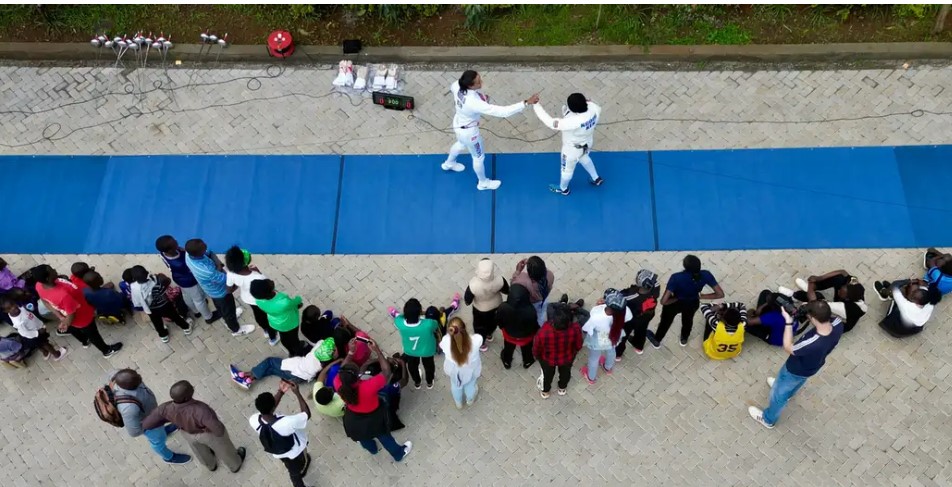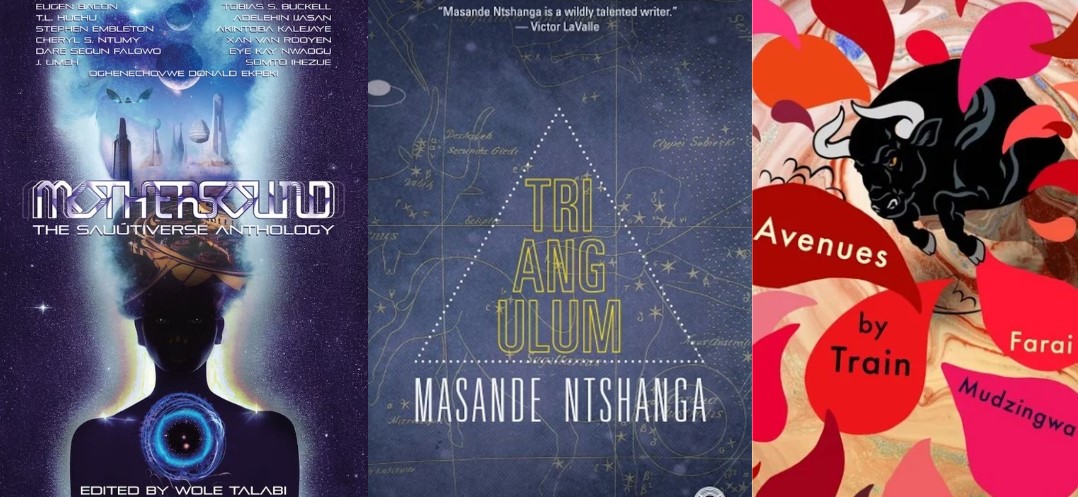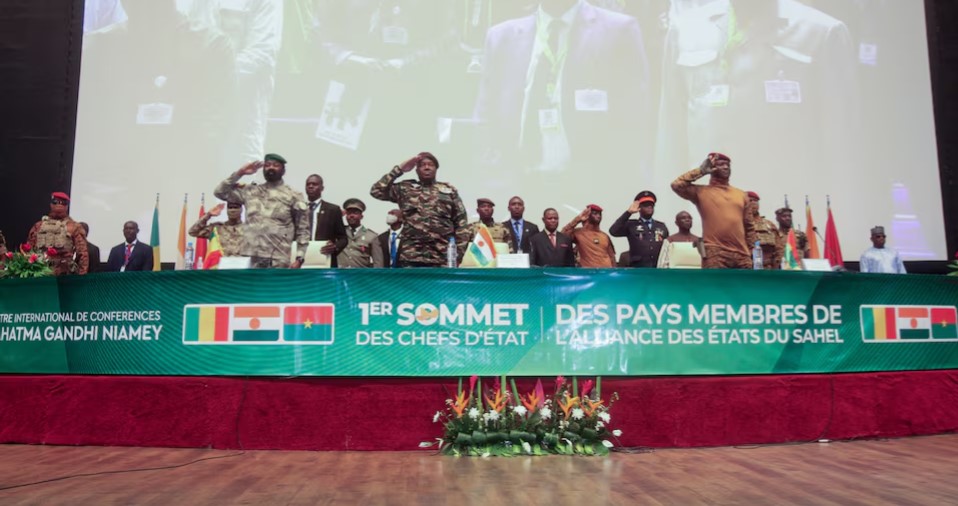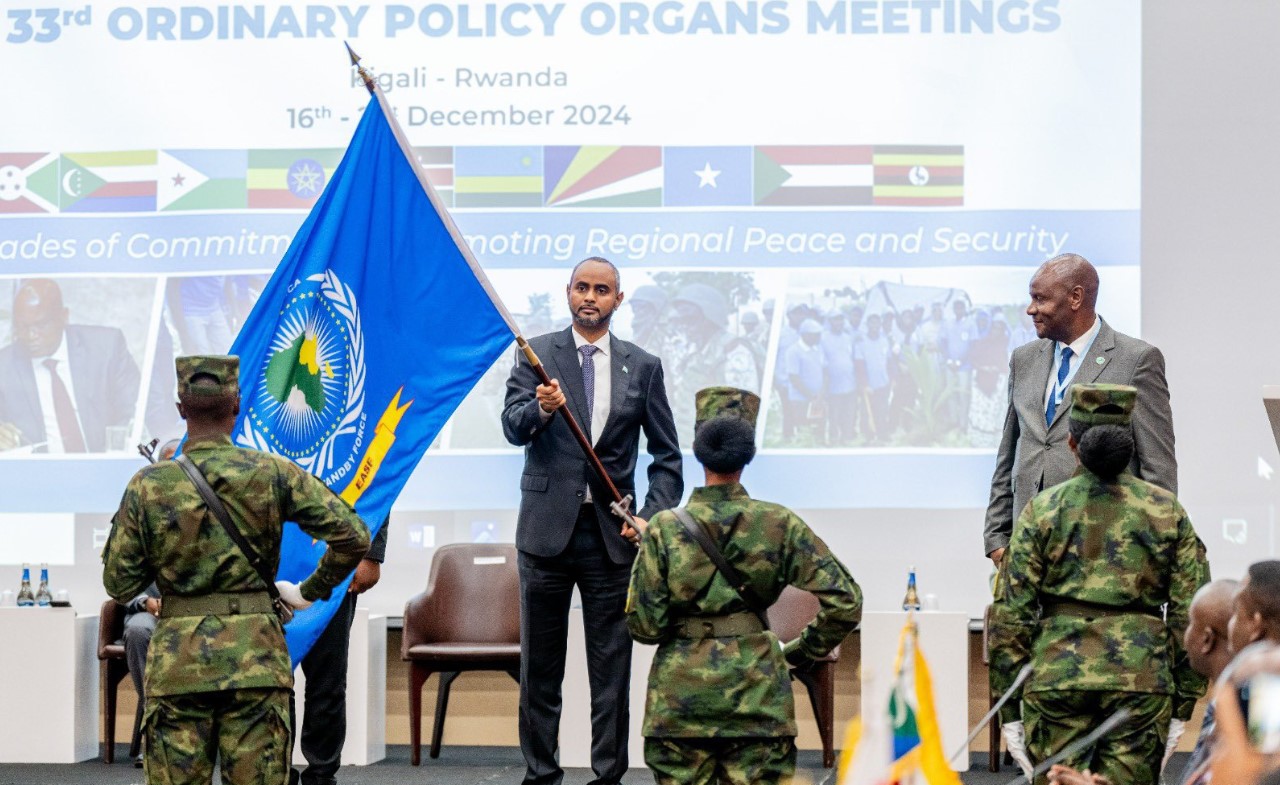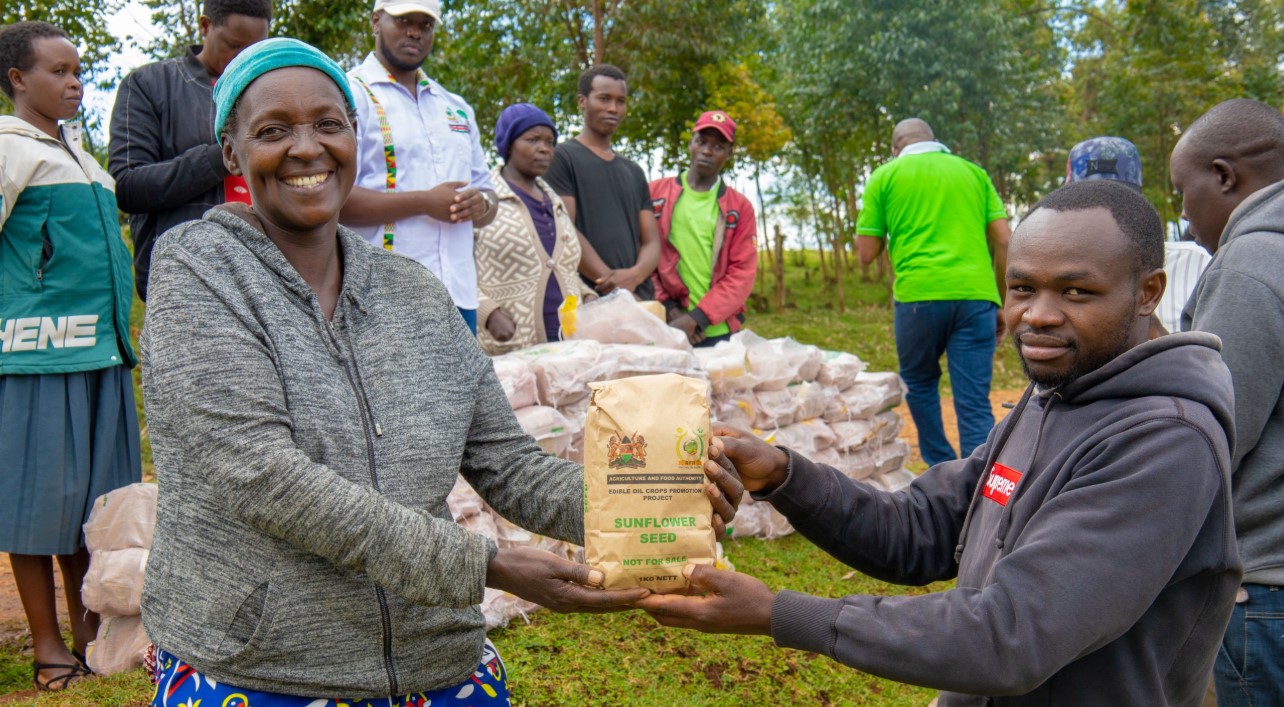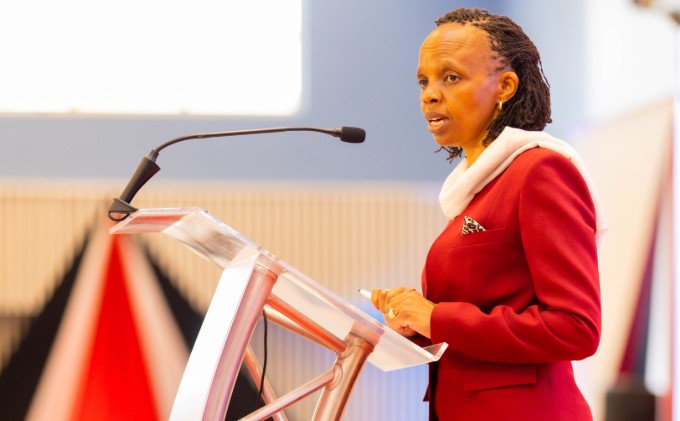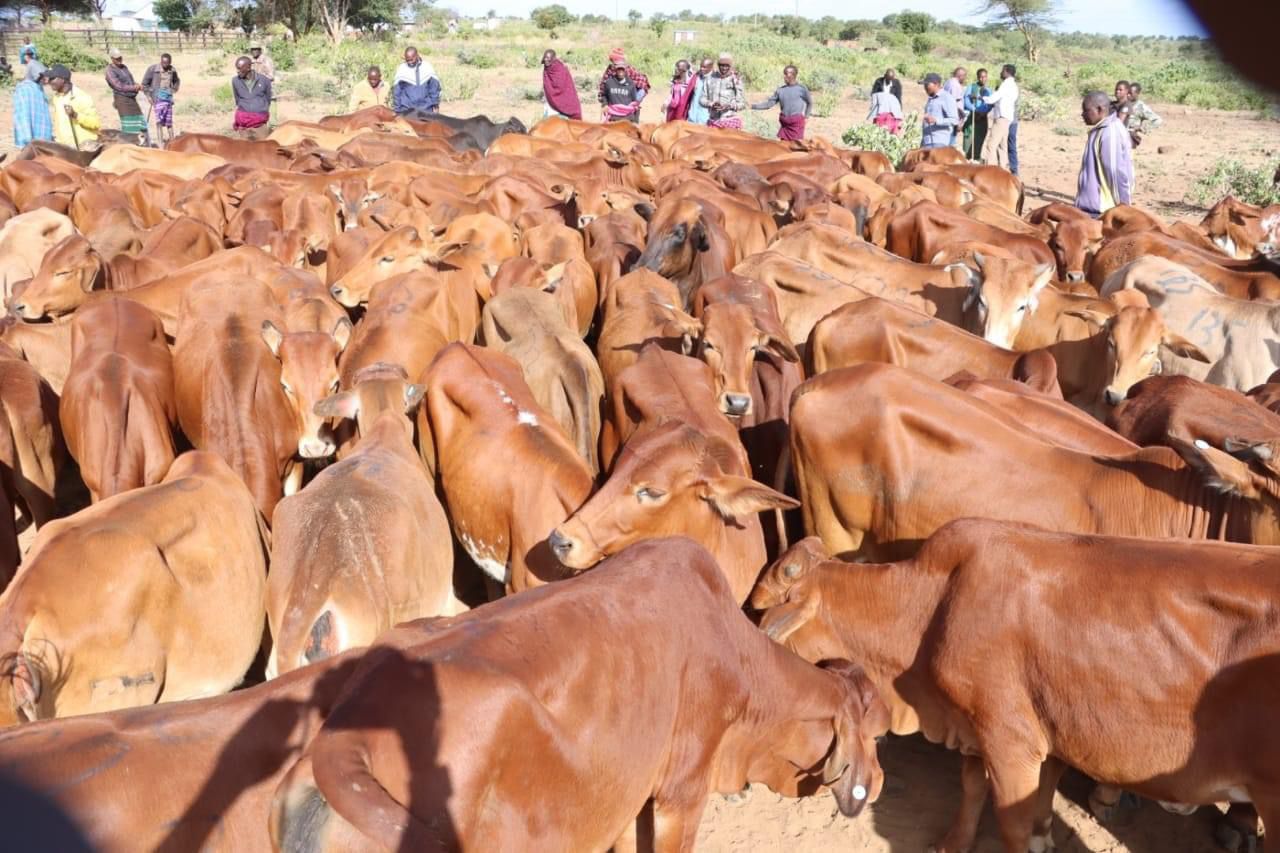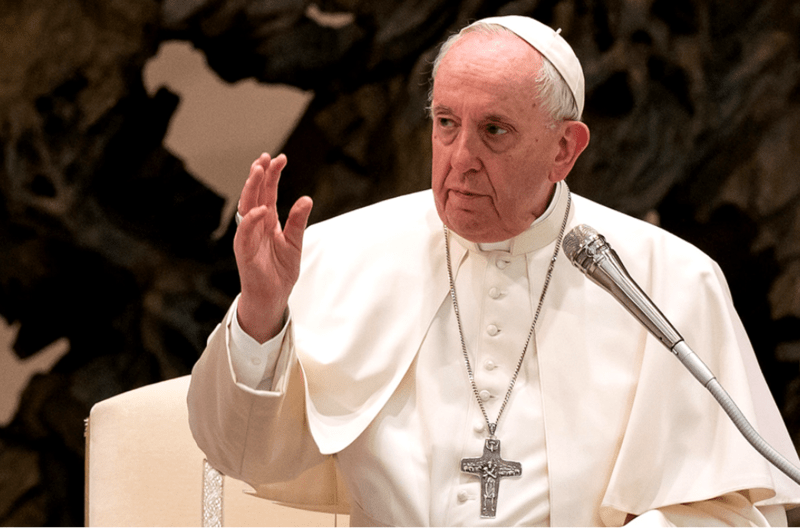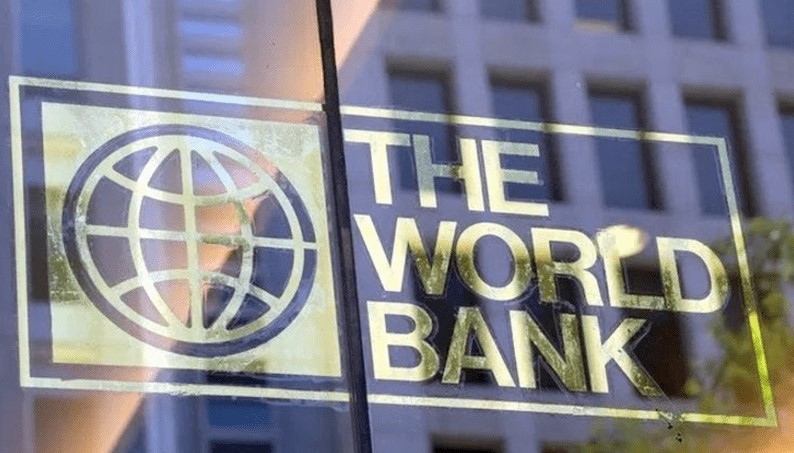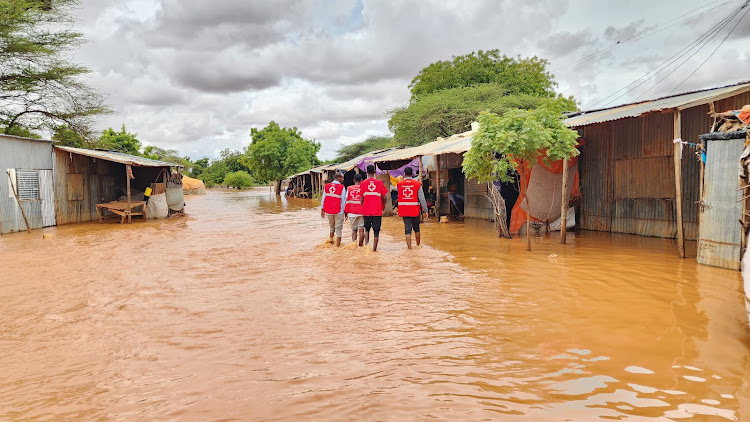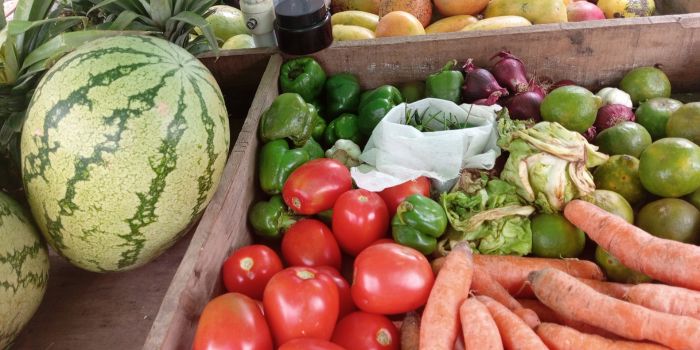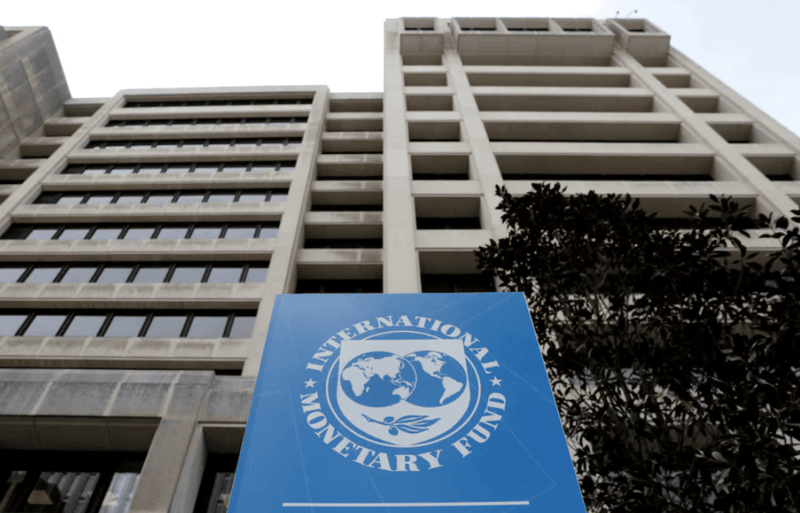Groundwater: A silver bullet for ASAL counties grappling with scarcity

By Rashid Ali |
At least 1.5 million people across five arid and semi-arid counties in Kenya will benefit from a Sh19.3 billion groundwater project by the national government and the World Bank, whose aim is to cushion them from the devastating effects of climate change.
The two have piloted a five-year groundwater project along the border counties of Marsabit, Turkana, Garissa, Wajir, and Mandera, that will help them to fight perennial water scarcity.
Keep reading
The project, approved in July 2022 and running until the end of 2028, will ensure underground water reservoirs are well-recharged and protected. It will also cushion Horn of Africa regions against climate change shocks by building drought resilience.
Samson Oiro, the groundwater expert at the Water Resource Authority (WRA), described the project dubbed the 'Horn of Africa Groundwater for Resilience Regional Programme' (HoAGW4RP) as a silver bullet for these counties.
He said it will capitalise on nature-based solutions for enhancing the ecological surface, "especially the groundwater that has the potential of remedying the growing acute water scarcity in the region".
Oiro further said the project will increase the sustainability and management of groundwater in the Horn of Africa borderlands. The key objectives are to rehabilitate approximately 400 rural water schemes, drill boreholes where they are feasible and train residents on sustainable management, access, and use of groundwater resources.
The project will also involve the conservation of groundwater resources and building resilience against drought through enhanced monitoring, information, and knowledge systems in groundwater management.
 Residents of Ileret Ward in Marsabit County fetch water from a borehole on December 10, 2023. (Photo: Rashid Ali)
Residents of Ileret Ward in Marsabit County fetch water from a borehole on December 10, 2023. (Photo: Rashid Ali)
Extreme scarcity
The World Bank notes that extensive livestock systems and pastoralists in the northern rangelands in Kenya are particularly vulnerable to the effects of drought. It says "estimated losses to livestock populations from droughts that have occurred within the most recent decade alone amount to more than $1.08 billion".
Marsabit Governor Mohamud Ali welcomed the initiative, noting groundwater exploitation can go a long way in supporting people in ASALs, whose levels of food and water insecurity are extremely high.
Khaltuma Hassan from Laisamis Sub-County shared her story, saying women and girls face many challenges, such as trekking long distances each day searching for food and water.
"Women and girls bear the brunt of acute water scarcity during droughts in this region, with most women trekking over 20 km and spending eight hours a day searching for this precious commodity," Hassan said.
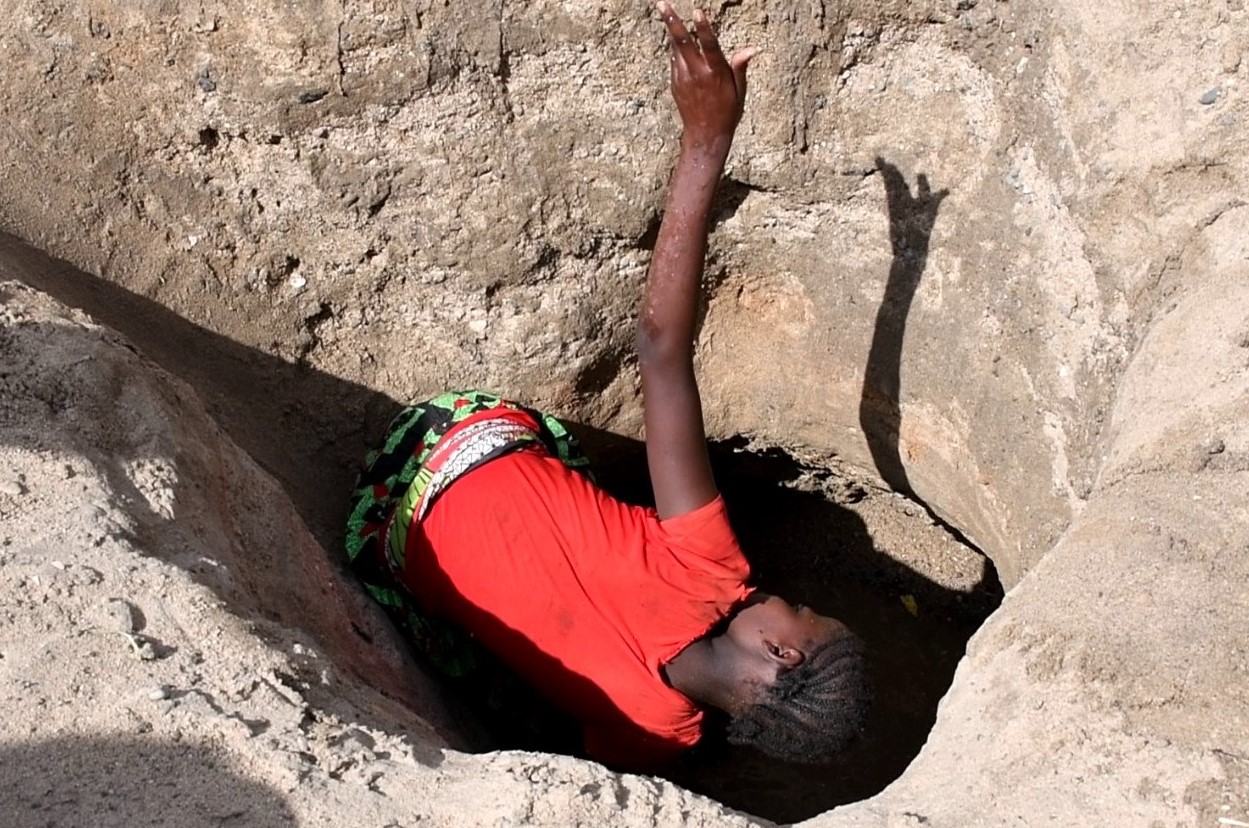 A resident of Ileret Ward in Marsabit County fetches water from a borehole on December 10, 2023. (Photo: Rashid Ali)
A resident of Ileret Ward in Marsabit County fetches water from a borehole on December 10, 2023. (Photo: Rashid Ali)
She also highlighted the effect that this has on education, with several learners skipping school to help their families meet their basic needs. This is in addition to the weeks that girls spend away from school during their monthly periods as the lack of sanitary towels and unhygienic states make them afraid to go to school.
Caritas Marsabit Water Engineer Wako Sora asked the parties behind water projects in ASALs to involve marginalised groups such as women, youths, and people living with disabilities in water management.
Sustainable Development Goals
In the 21st century, society faces rapid degeneration and loss of natural capital and associated ecosystem services because of increased adverse weather events.
Under these circumstances, the tremendous emphasis on access to clean water for sanitation, humans, livestock, and agriculture, against the backdrop of the recent devastating drought in Kenya, has necessitated groundwater exploitation.
Experts have observed that groundwater can be exploited to address climate change challenges and build resilience in vulnerable communities.
 Workers drill a borehole in the Dabel area of Moyale Sub-county, Marsabit County, in April 2023. (Photo: Rashid Ali)
Workers drill a borehole in the Dabel area of Moyale Sub-county, Marsabit County, in April 2023. (Photo: Rashid Ali)
Dr Oira said Horn of Africa drylands can harness groundwater, which he said will offset the perennially devastating droughts and help with the realisation of SDGs 6 and 2, centred on "clean water and sanitation for all", and "zero hunger", respectively.
The project will be implemented by the WRA and the Water Sector Trust Fund. It is a World Bank-funded regional programme involving Kenya, Somalia, Ethiopia, South Sudan, Djibouti, and Eritrea.
The five counties in this project are among 29 ASALs in Kenya. The others are Samburu, West Pokot, Elgeyo Marakwet, Baringo, Isiolo, Laikipia, Nakuru, Lamu, Tana River, Taita Taveta, Kilifi, Kwale, Embu, Kitui, Meru, Tharaka Nithi, Nyeri, Machakos, Makueni, Kajiado, Narok, Kiambu, Migori and Homa Bay.
Reader comments
Follow Us and Stay Connected!
We'd love for you to join our community and stay updated with our latest stories and updates. Follow us on our social media channels and be part of the conversation!
Let's stay connected and keep the dialogue going!

